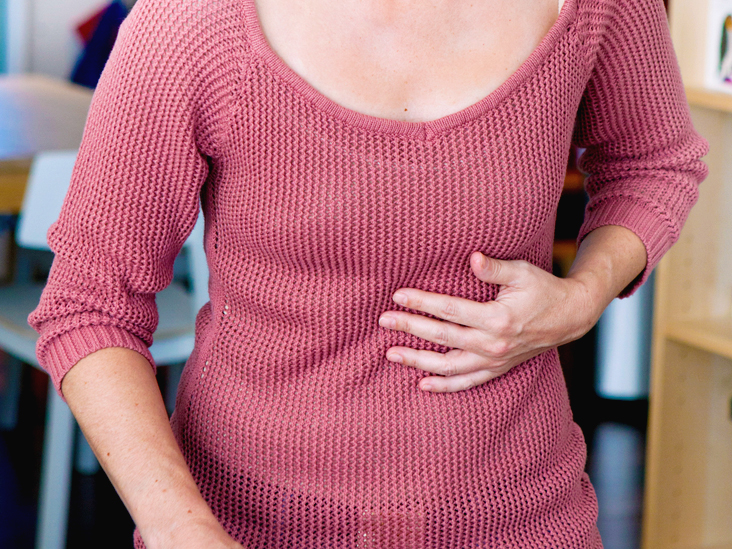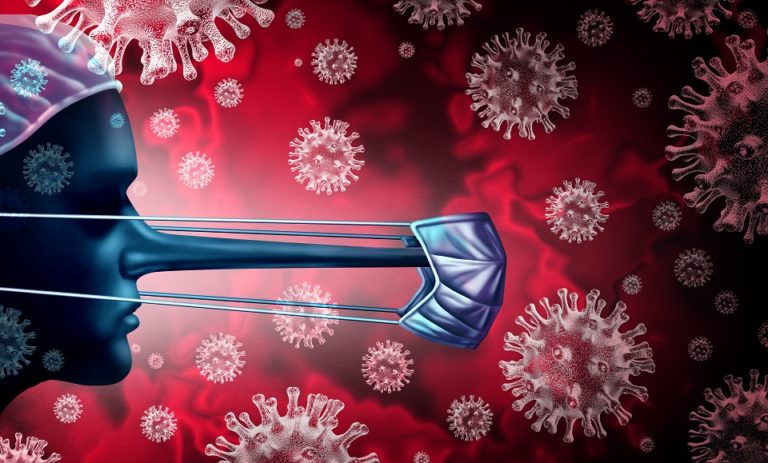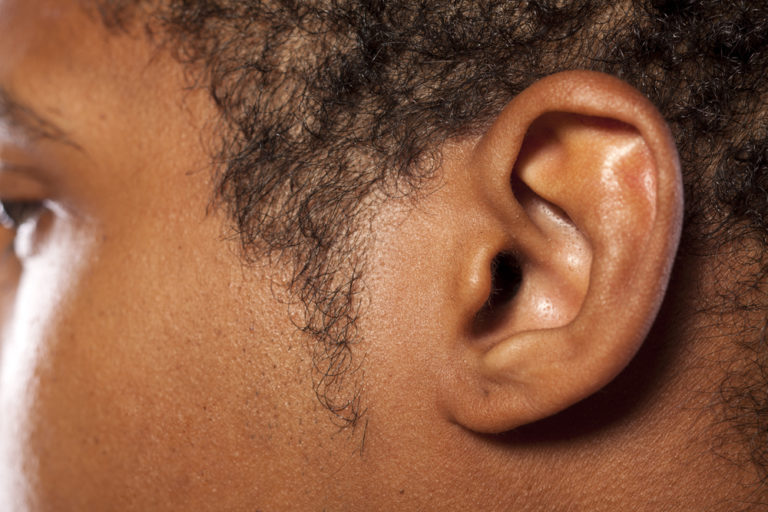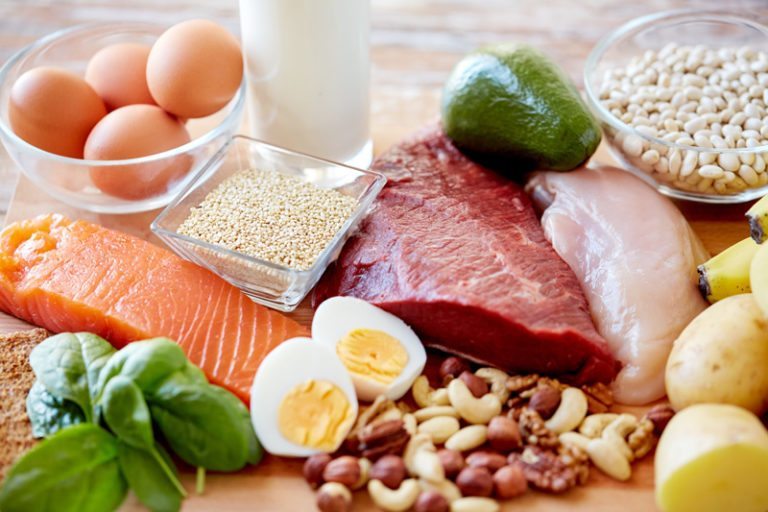
Upper abdominal pain can be no big deal—or it can merit a trip to the ER. Here’s how experts say you can tell the difference.
If it’s accompanied by sweating
You should not be breaking out in a sweat due to pain. “Pain associated with sweating is always an indication of something bad,” says Cwanza A. Pinckney, MD, an emergency physician in Pearland, TX. “Sweating is a clinical indicator that the body is under stress and that the bodies flight or fight system is activated and the body is in distress.
This is an ER physician’s red flag for danger, even if symptoms seem vague or mild. Sweating and abdominal pain warrant further evaluation by an emergency provider,” she says.
If blood is present
Vomiting or bloody diarrhea is a bad sign, says Samantha Nazareth, MD, a double board-certified gastroenterologist in New York City. “It’s important to note that blood can present as both red and black,” she says.
The pain radiates to another part of your body
Pain that isn’t contained to a specific part of the body could indicate something serious. “Radiation up to the neck, left shoulder, or left arm may indicate a potential heart attack,” says Tony Yuan, MD, a telemedicine physician with Doctor On Demand in Union City, California.
“Radiation to the back may indicate inflammation of the pancreas or an ulcer.”
You have a high fever
Pain that’s accompanied by a fever can be difficult to diagnose. “Fevers are a sign of possible infection, and, while some infections are serious, some, like stomach viruses can be milder and are not of serious concern,” says Jaclyn Kline, MD, an emergency medicine physician at the Children’s National Health System.
“Stomach viruses often cause intermittent abdominal pain, vomiting, and diarrhea. The best treatment for this is drinking fluids to stay hydrated while the virus runs its course. If you have a high fever—higher than 102 F—with severe upper abdominal pain, you may have a more serious infection, and you should be concerned enough to see a doctor,” she says.
If it’s a tearing pain
The quality of the pain matters. “Tearing or ripping pain that feels like it is moving to the back is a warning sign for an aortic dissection which is a tear in the large artery that takes blood filled with oxygen to the rest of the body,” Dr. Pinckney says.
“Without quick diagnosis and intervention, an aortic dissection can cause disability and in many cases death,” she says.
If you can’t get relief
Acid reflux is a common cause of pain—give over-the-counter medications to see if they help. “If the pain is milder and seems to occur after eating, particularly after eating a larger meal or foods like chocolate, coffee, or spicy foods, it may be heartburn and could be treated at home,” Dr. Kline says.
“The pain from heartburn can be strong, but if it goes away with antacid medications, you should be reassured. If you notice that certain foods seem to make you feel pain, you should avoid them,” she adds.
Your medical history is worrisome
Depending on your health history, a “just-in-case” trip to the ER for any abdominal pain could be in order.
“Patients who have a history of heart disease, diabetes, aneurysms, abdominal surgeries, traumatic injury, or past GI bleeding should have upper abdominal pain evaluated by their physician or an emergency physician,” says Rema S. Johnson, MD an emergency medical doctor with AMITA Health based in Hoffman Estates, IL. And don’t wait, she stresses: “A life-threatening condition could be developing,”
You’re short of breath
Despite the pain, you should be able to breathe. “Shortness of breath or feeling faint are warning signs that a patient should be evaluated ASAP,” Dr. Nazareth says. Breathlessness could indicate cardiac trouble or other deadly conditions.
You’re vomiting—regularly
Vomiting could put you at risk of dehydration, but it can also indicate a more serious problem. “If the pain is accompanied by persistent vomiting, it could indicate an intestinal blockage,” Dr. Yuan says.

























